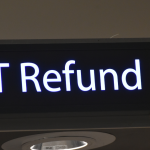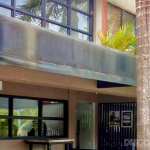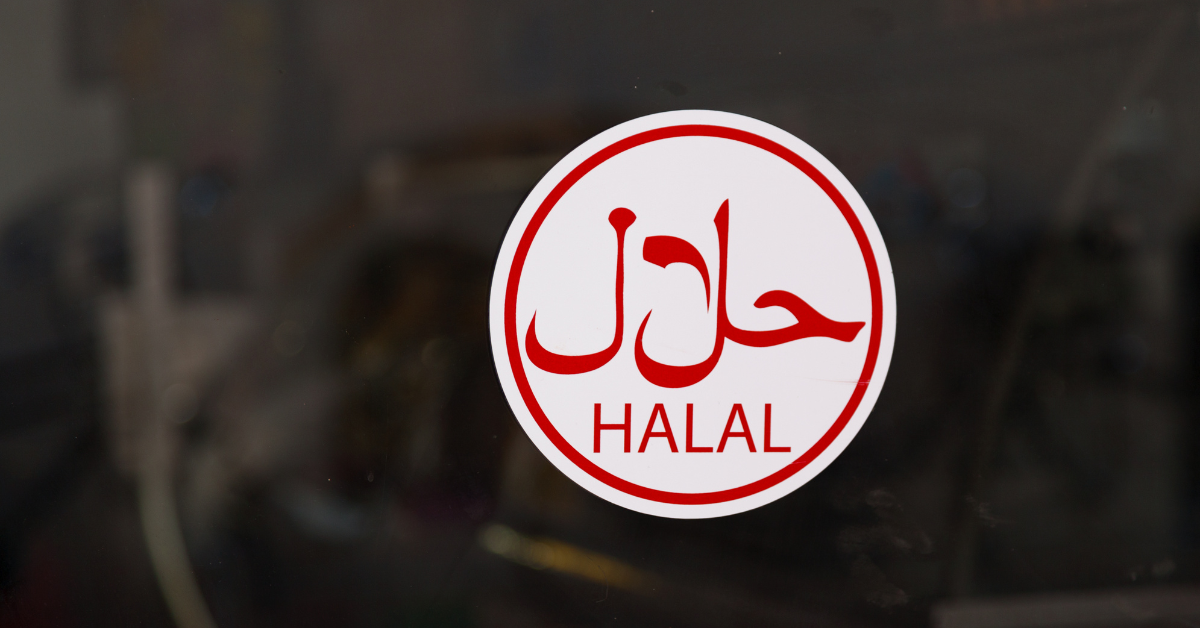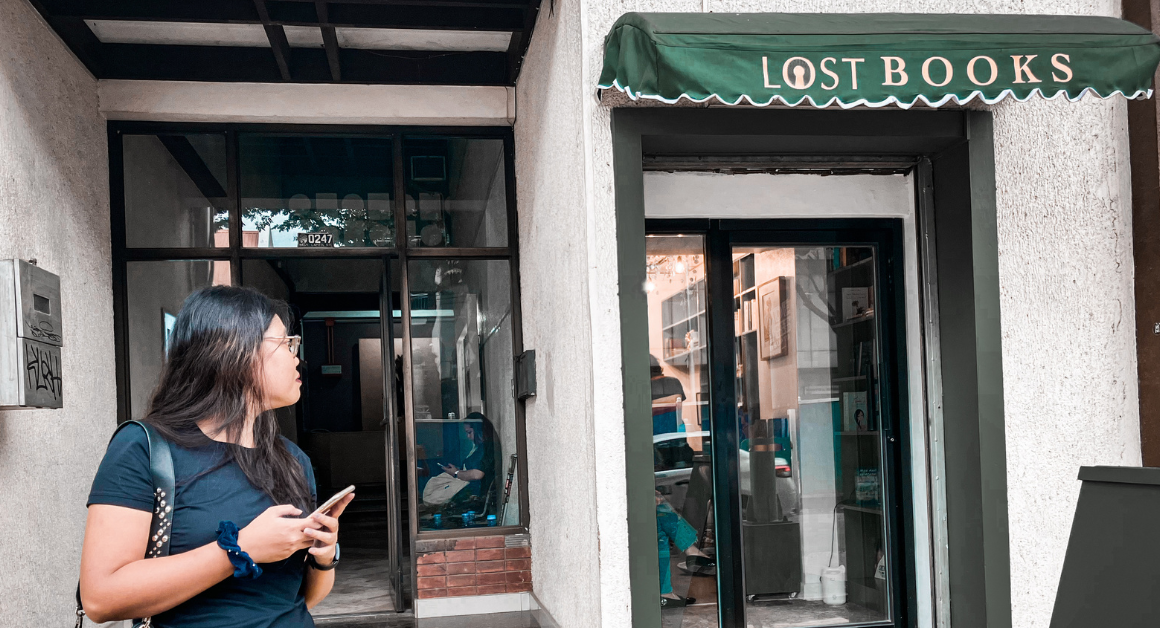Cebu’s Halal Ordinance is here! Learn more about its impact, penalties, and its potential to strengthen cultural ties.
Cebu City is making waves with a proposal that might seem small but carries big meaning. Cebu’s Halal Ordinance aims to give Muslim residents and visitors a sense of belonging, starting with food. By making businesses carve out special spots for halal products, the city is really putting its money where its mouth is when it comes to inclusivity. It’s a nice little nod to Cebu’s emerging status as a cultural crossroads—because who knew that even the simplest gestures could pack such a punch?
Halal 101: The Short Version
If you don’t know, halal isn’t just the newest food trend; it’s an important part of Muslim life, especially when it comes to what they can eat and drink. It’s not just a label on goods; it comes from religion and culture.
Cebu’s Halal Ordinance is taking it seriously. The plan forces companies to clean up their act. For example, markets should have separate halal sections, restaurants should be more aware of where their food comes from, and there’s a task force to make sure everyone goes by the book.
Why Now?
Cebu City has always had a mix of different cultures, but this law makes it even more Muslim-friendly, making it a better place to visit. As Vice Mayor Donaldo Hontiveros puts it, this is about making everyone feel welcome without stepping on anyone’s toes (or views).
And then, the fine print. If you don’t follow the regulations, you could get fined as little as ₱1,000 and as much as ₱5,000. If you keep messing up, you could even lose your business permit. Subtle? No. Necessary? Absolutely.
What This Means for Cebu
The law makes it easier for Muslims in the area to find halal food and shows more respect for their culture. However, for businesses, it might feel like walking a tightrope. They have to deal with logistics, train their staff, and the few shoppers who are confused about why those shelves can’t just share a place.
Still, it’s not all rules and fines. This might just make Cebu the poster child for cultural inclusivity. Cebu’s Halal Ordinance could turn into that shining example of how to blend tradition and progress.
The Ironic Reality
Of course, things are never that easy. Putting a sticker on a shelf isn’t enough to implement halal requirements. It means training staff, getting the right supplies, and making sure the law isn’t just words on paper. That’s why there’s the Halal Task Force: a group of hardworking (and probably very patient) people whose job it is to make sure everything stays by the book.
Closing Thoughts
Will Cebu’s Halal Ordinance make all the cultural problems in the world disappear? Most likely not. But sometimes making things a little less complicated is all we can do. It’s at least a step toward a bigger goal: a Cebu that knows how to share space, sees things from various perspectives, and handles things with some grace. I’ll toast to that!
Thinking it might be time for a little getaway now that you’ve discovered the city’s blossoming inclusivity? Sounds like a plan! Why not indulge in a little reading about Bantayan Island in Cebu? It’s like a secret treasure chest where digital nomads are discovering their slice of paradise. Who knew work could come with such a view?














